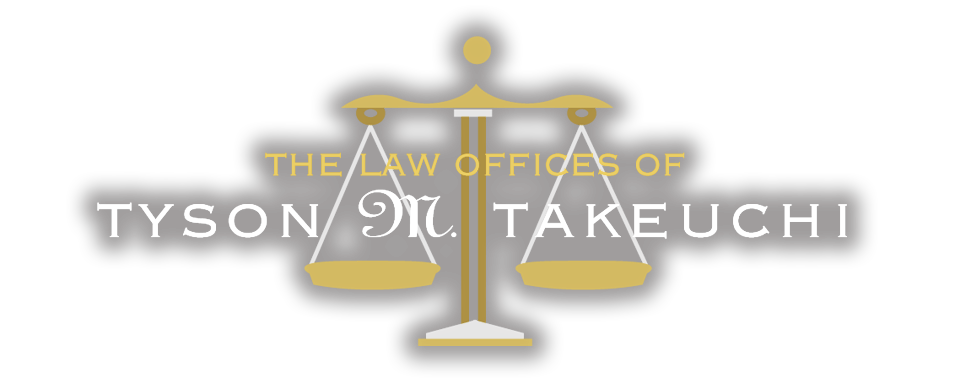Over 25 Years of Experience
as a Bankruptcy Attorney Specialist
As A California Bankruptcy Attorney
Since 1995, the Tyson Firm has dedicated itself to assisting individuals, families and small businesses in California, experiencing financial hardship. In a world of exorbitant attorneys’ fees and questionable results, Tyson M. Takeuchi provides vigorous and affordable representation to the people who need it most.
Certified Bankruptcy Specialist
Since the beginning of his career, Mr. Takeuchi has focused on bankruptcy law and consumer rights, preferring to master the intricacies of the bankruptcy process and offer this profound expertise to his clients. His passionate devotion has earned him certification as a Bankruptcy Specialist by the State Bar of California and the American Board of Certification.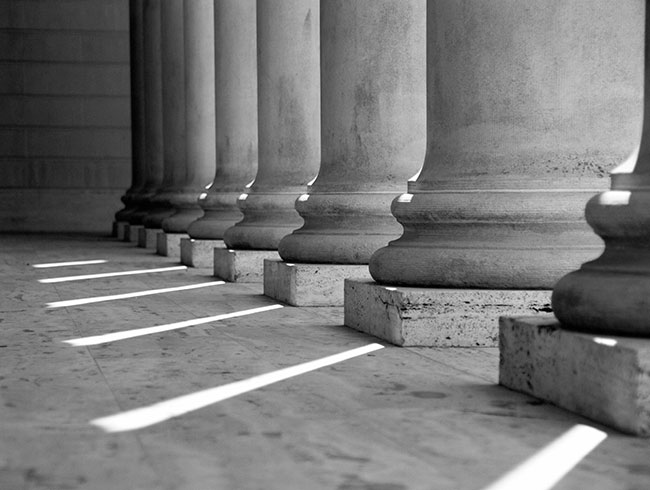
What Does That Mean
Well, consider this: there are over 175,000 actively practicing attorneys in California. Only 125 of them are certified bankruptcy specialists. That means fewer than 0.00001% of California attorneys have the distinction of being qualified Bankruptcy Specialists!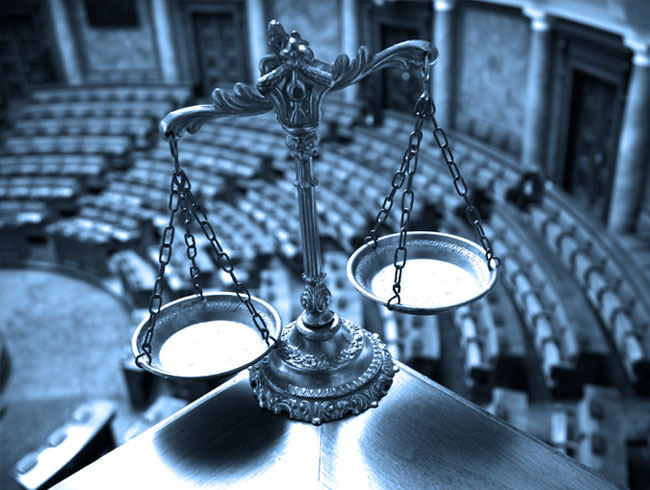
BANKRUPTCY SPECIALIST
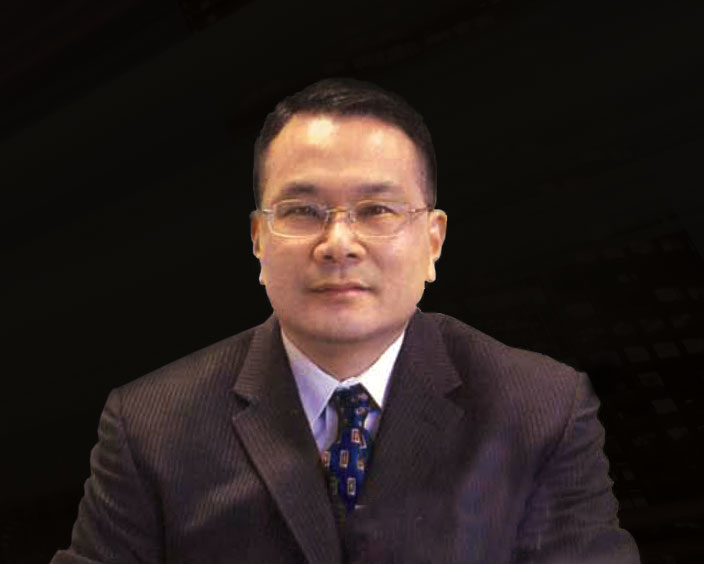
sTOP
SAVE
Save Home – Vehicle – Assets – Retirement
Force the bank to accept a payment plan for mortgage arrears
Pay off your vehicle and get your pink slip
Keep and protect your assets
Invest in the future: 401K, IRA, and other employer programs are protected

Chapters 7 and 13
The Tyson Firm specializes in two chapters of Title 11 of the U.S. Bankruptcy Code:
Chapter 7
Chapter 7 bankruptcy is for individuals or entities whose expenses are greater than its income. It is the most common bankruptcy filing in the country, and the economic hardships necessitating it are wide and many. People experiencing sudden illness, tax debts and, increasingly, unemployment turn to chapter 7 bankruptcy for the discharge of their debts and a fresh start.
Also known as a liquidation bankruptcy, chapter 7 allows for the sale of a debtor’s “non-exempt” assets to pay off the debt. A debtor may, however, claim over $21,000 exemptions on his or her property to prevent . The vast majority of chapter 7 debtors do not possess more than $21,000 in assets to begin with, do not lose a single item of property to liquidation, and still enjoy the possibility of a discharge of their debts.
Upon filing of a Chapter 7 bankruptcy, all attempts to collect on a debt by the debtors creditors are immediately prevented by the “Automatic Stay,” one of the most powerful tools available to bankruptcy debtors. The automatic stay is an enjoinder that prevents any collection attempt by a creditor, whether it be a repossession, foreclosure, garnishment or levy to allow for the debtor’s debts to be resolved by the bankruptcy. Any creditor who attempts collection efforts while the stay is in effect may be subject to penalties imposed by the Court.

Chapter 13
People in receipt of a Notice of Trustee Sale, Notice of Default, or in need of protecting assets in danger of repossession often consider Chapter 13 bankruptcy. Commonly known as “individual debt adjustment”, “individual debt consolidation”, or “repayment plan”. A Chapter 13 can only be filed by individuals. A typical case generally involves someone who has fallen behind in his mortgage payments, become delinquent with his priority taxes, or has debts that are generally non-dischargeable in a Chapter 7 (student loans, child support arrears, taxes and others).
Filing a Chapter 13 plan of reorganization takes into assumption that the individual has a source of income. Such income exceeds the individual’s household expenses. In essence, the individual has disposable income to be able to fund the plan of reorganization over 36 or 60 months.
Think of Chapter 13 as debt consolidation with a few perks. No more, no less. While paying back one’s debt may not sound like an advantage, a chapter 13 debtor has the power to propose a payment plan that, with the court’s approval, all creditors must accept. Depending on the debtor’s income, this plan may pay back only a small fraction of the total debt. Upon successful completion of the bankruptcy, any remaining unpaid debt may be discharged by the Court.
Chapter 13 has additional perks. Only in this type of bankruptcy can a homeowner strip–or avoid–a second deed of trust from their home. Doing so requires that the value of the home be less than the principal owed to the first trust deed holder.
Finally, the automatic stay comes into play in chapter 13 cases as well. Paired with its ability to force creditors into accepting payments according to a plan proposed by the debtor, chapter 13 is especially well-suited to saving homes from foreclosure and paying back federal and state tax debts.
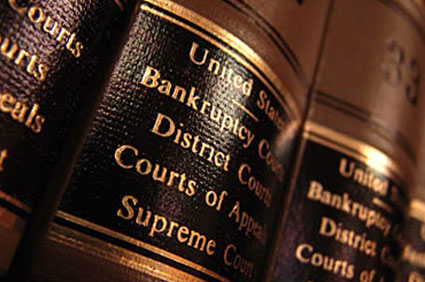

LIENS
AVOIDING LIENS
Both Junior Liens Arising from Second Deeds of Trusts and Judgement Liens Arising from Lawsuits & Abstracts of Judgmen

GARNISHMENTS & LEVIES
STOP GARNISHMENTS
In bankruptcy, it is possible to retrieve funds that have been garnished from paychecks or levied from bank accounts
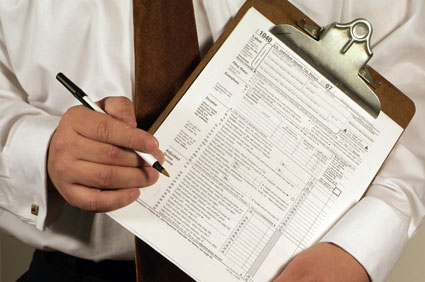
TAXES
DISCHARGING TAXES
In bankruptcy, taxes are dischargeable if they meet certain conditions including tax fraud and tax evasion
It pays to educate yourself prior to calling a bankruptcy attorney. Then, you can ask for more precise questions based on a greater understanding of the process. To help, we have compiled a list of commonly asked questions.
BANKRUPTCY FAQ
How long will the bankruptcy affect my credit? Will it affect my ability finance a vehicle or house?
What New Law is there for a Bankruptcy
A new law has passed which allows individuals to qualify to file a bankruptcy, if their equity on their home is no more than $600,000. Basically you can have up to $600k in equity in your home and qualify for a bankruptcy. There are some restrictions to this new law. Please call our office to see if you qualify for a bankruptcy.

The Law Office of Tyson Takeuchi is a federally designated Debt Relief Agency as defined in the 2005 amendments to the United States Bankruptcy Code. This law firm provides legal advice regarding the pros and cons of filing bankruptcy and represents people and small businesses in filing for bankruptcy relief under the United States Bankruptcy Code.
The information on this website is for general information purposes only. Nothing on this site should be taken as legal advice for any individual case or situation. This information is not intended to create, and receipt or viewing does not constitute, an attorney-client relationship.
Contact: 1055 Wilshire Blvd Suite 850, Los Angeles, CA 90017
Copyright © 2021 Law office of Tyson Takeuchi. All Rights Reserved!
